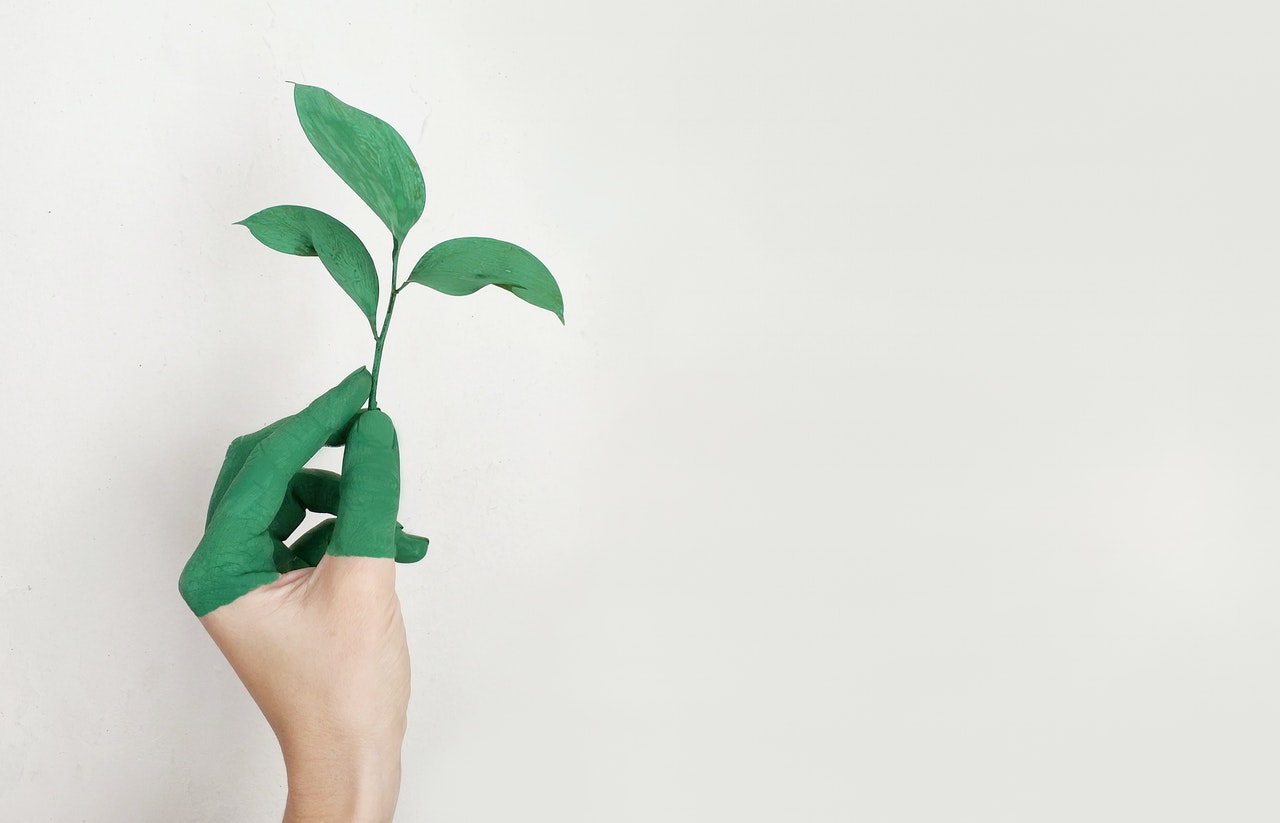RWE AG is investing more than initially planned to boost its domestic supply of renewable energy and green investment to make Europe more independent as the region’s energy crisis deepens.
Germany’s largest electricity producer plans to spend more than 5 billion euros ($5.1 billion) on green technologies this fiscal year, including wind, solar, and batteries, and increase hydrogen production, which is about 30% more than initially planned.
Europe is facing its worst energy crisis in decades and is looking to increase supplies ahead of winter. Governments and politicians in Brussels have been focusing on plans to secure supplies ahead of the winter in the past few months as supplies of natural gas from Russia have dwindled.
Active investment activity is bearing fruit: in the first six months of this year alone, new wind farms, solar power plants and battery systems with a total net installed capacity of about 1.2 GW were commissioned.
As a result, RWE generated approximately 20% more electricity from renewable energy sources in 1H 2022 than last year.
The company currently has projects under construction with a total capacity of 4.8 GW. RWE will also acquire a 1.4 GW Magnum hydrogen power plant in the Netherlands, as a part of its green investment.
Financial risks to Russian trading partners have been completely eliminated, RWE said, writing off €748m associated with a long-term coal supply contract, lower than it was provisionally estimated in 1Q.
At the same time, RWE does not intend to claim compensation for losses from the lack of Russian gas supplies through the government mechanism, which may be activated in the near future.
Like its European counterparts, RWE aims to find alternatives to Russian fuel and expand the infrastructure for importing liquefied natural gas (LNG) from around the world.
In May, the company signed a 15-year agreement to supply US LNG, with deliveries expected to begin in 2027.
The company, which has already ramped up its LNG purchases this year, expects construction of a floating Brunsbuettel import terminal in Germany to start by the end of this year, a move that should help the country this winter after Russia cut supplies to multi-year lows.
European energy prices have also risen recently as the climate crisis cut off supplies on the Rhine River.
In Germany, where the majority of RWE’s river power plants are located, water volumes have remained below the long-term average.
However, the company reiterated the higher preliminary earnings first released last month.
Adjusted earnings before interest, taxes, depreciation, and amortization rose 63% to 2.9 billion euros in 1H, RWE said.

